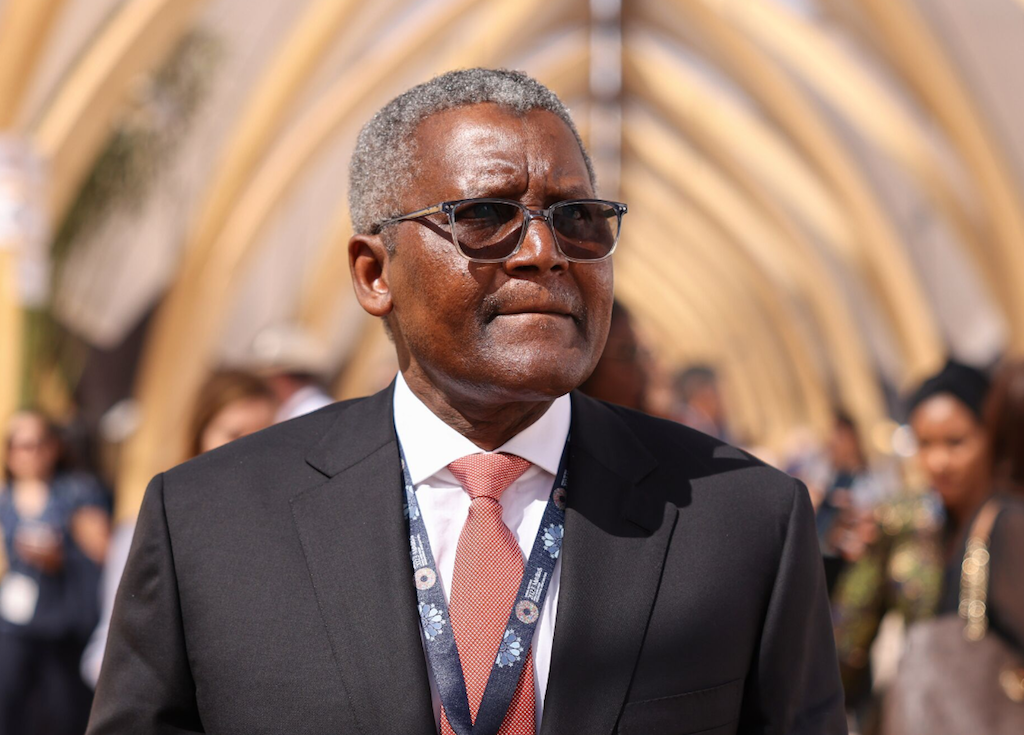Nigeria may once again be staring into the abyss of another fuel crisis, a nightmare that has crippled the nation time and again. The clouds of scarcity are gathering, not because of global oil prices or OPEC quotas, but due to a battle brewing at home: tanker drivers, under the directive of the Nigerian Union of Petroleum and Natural Gas Workers (NUPENG), have been ordered to boycott Dangote depots.
The warning shot has already been fired. If enforced, this boycott could choke the very arteries of Nigeria’s fuel supply chain, threatening to bring businesses, transport systems, and everyday life to a standstill.
The Power Struggle Behind the Pumps
At the heart of this storm lies Aliko Dangote, the man whose refinery was hailed as Nigeria’s saving grace from decades of dependency on imported fuel. Yet today, he finds himself at the center of a brewing revolt.
Tanker drivers accuse his operations of unfair practices, alleging exploitation and unfavorable conditions that have pushed them to the brink.
It is not just about fuel anymore, it’s about power, dignity, and who really controls Nigeria’s lifeline.
What Scarcity Really Means for Nigerians
For the ordinary Nigerian, the word “scarcity” is not abstract. It means endless queues at filling stations, skyrocketing transport fares, generators falling silent, and food prices shooting up in markets. It means waking up at 4 a.m. to fight for a spot in a fuel line that might stretch for kilometers.
Every drop of petrol in Nigeria is political. Every delay in supply has the power to reshape daily survival.
A Crisis That Exposes Deeper Fault Lines
This looming face-off between NUPENG tanker drivers and Dangote is more than an industrial dispute—it is a mirror reflecting Nigeria’s fragile system.
For decades, successive governments have promised stable fuel supply, yet Nigerians continue to live at the mercy of strikes, depot boycotts, and policy failures.
The question is simple: how can Africa’s biggest oil producer still be gasping for fuel?
What Happens Next?
If the boycott holds, major cities like Lagos, Abuja, and Port Harcourt could feel the heat within days.
Black marketers will resurface. Prices will spike beyond the reach of the average worker. The government, already under pressure, will be forced into frantic negotiations.
But one truth remains clear—this crisis is not just about fuel. It’s about trust. And Nigerians are running out of patience.







